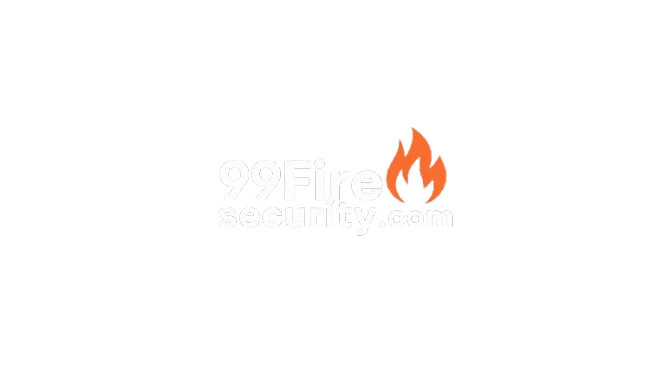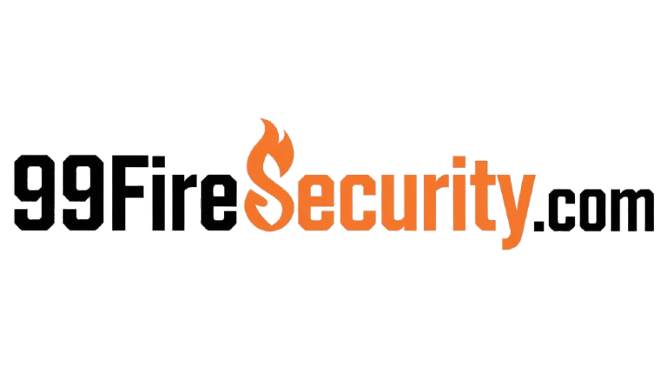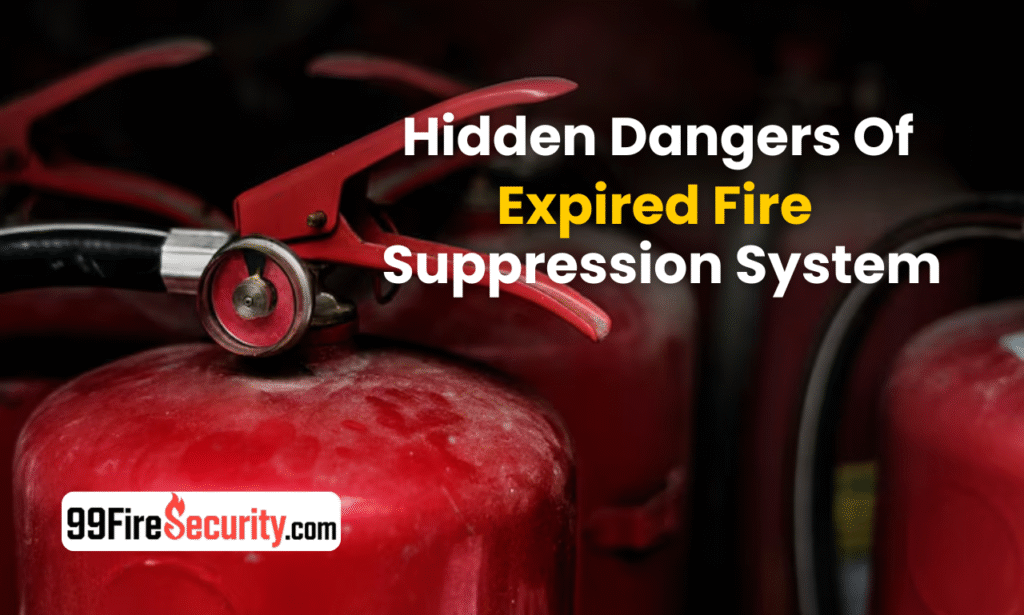A fire suppression systems is an automatic safety tool that is installed in a building office or factory. Its purpose is that if a fire breaks out the system becomes active immediately and controls or extinguishes the Fire Suppression This system is part of the advanced security standard. But many logins are forgotten after installation. When the suppression system is down it becomes a silent threat. People assume they are safe even though they are actually in a danger zone.
Silent failure of expired system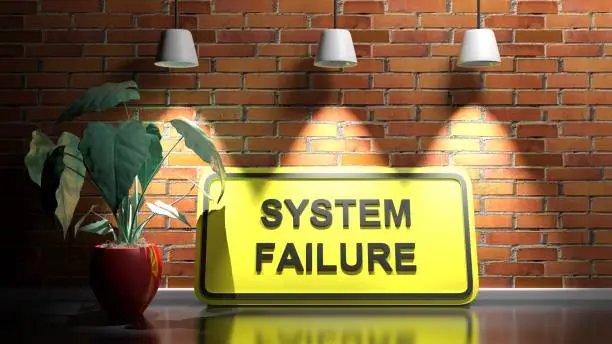
When a fire suppression system expires it looks fine on the surface but fails internally. The chemical or gas used in it was no longer effective. The pressure system appears weak. When an emergency occurs the system does not work. Fire flows instead of splashing. It is a hidden danger that can cause damage to both life and property at any time.
Chemical Failure Risk
A fire suppression system consists of chemicals, foam, or CO₂ gas that is used to extinguish the fire. But these elements have a shelf life. Expired fire suppression systems can become dangerous if not properly maintained. The chemicals degrade over time, and when the system is triggered, there is no pressure and no ignition power. This failure can actually spread the fire instead of controlling it. You may think the system has worked, but it’s actually just spraying without any real effect.
Pressure leakage and cylinder failure
The metal of the cylinder also weakens over time. If your Suppression Systems is not inspected, small cracks and micro leaks may appear. The gas slowly escapes without any sound. It may already be empty when you try to use the system. These are some of the hidden dangers associated with expired fire suppression systems, which often offer zero performance during a fire. For this reason, it is important to have a pressure test every 6 months.
Sensor and alarm malfunctions
Fire suppression systems have heat or smoke sensors that detect fire. These sensors also stop working when the system expires or is not updated on time. No alarms no warning. Fire spreads silently. You will see that the flame starts to burn when it comes in front of you. By this stage the damage would have been too great. The sensor may be out of battery or out of calibration range.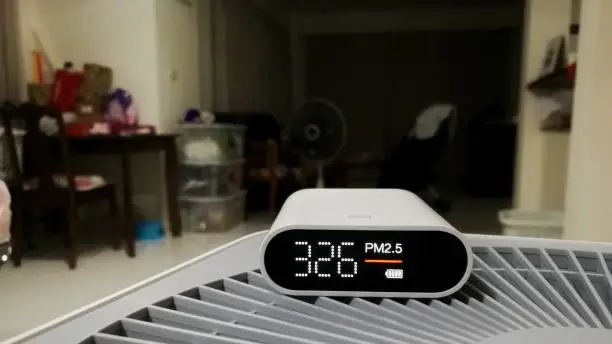
Outdated Records & Audit Issues
If you don’t do regular servicing, the system’s maintenance record also gets out of date. When a safety inspector or auditor comes he asks for documents. If you don’t have a recent report they declare the system non compliant. It affects your business operations. There is a problem with insurance renewal. Safety certification may be denied.
Insurance claim denied
Many people don’t know that the insurance company can deny the claim if the fire control system has expired. It is often written into insurance policies that security equipment must be active and up-to-date. If an incident occurs and it is discovered that the driver’s suppression system is out of order the insurance company refuses to take responsibility. This creates a financial burden and can also lead to legal problems.
Legal Penalties and Regulatory Action
Fire control systems must be updated and functional in accordance with building safety regulations. If the systems expires and is discovered during a fire inspection you may be fined. If someone dies in industrial and commercial properties, there is a possibility of going to jail. Law enforcement agencies call it gross negligence.
Emergency Response Failure
At the time of fire everything depends on the log system. If that systems fails there will be panic. No one knows what to do. Emergency response is delayed. The fire brigade has to work manually. Escape routes are jammed. This confusion can cause injuries and death.
Costly Delays in Repairs
If you don’t get your system serviced in a timely manner, it can be expensive to replace. Cylinders, nozzles, sensors, and alarms double or triple the cost of replacing them if they fail completely. If you inspect the system every 6 or 12 months the system remains operational at a lower cost.
Risk of loss of life and loss of business
Human lives have been the biggest loss. The safety of your staff family or guests is at risk. If a fire control Fire Suppression fails and someone dies your business can be destroyed. Court cases fines and loss of public reputation. Therefore it is very important to check the fire safety systems regularly.
Conclusion
A fire suppression systems not just a piece of equipment but a protective layer. As long as it’s active you’re safe. But as soon as it expires you face a hidden danger. Periodic testing maintenance and upgrades are very important. suppression system should never be compromised.
FAQs
Q1: By what sign can we know that the system has expired?
Low pressure indicator checking date sensor error messages and exhaust gas smell.
Q2: How to test the system?
Annual inspection by a certified fire safety technician. Checking the pressure gauge and sensor is essential.
Q3: Which system is best for home?
A CO₂ or clean agent system that will cover both the kitchen and bedroom. Portable units can also be used.
Q4: What is the difference between a fire suppression system and a smoke detector?
A smoke detector only detects fire. A compression system is used. It is important to have both.
Q5: Can old systems be upgraded?
Yes but have a technician inspect the system first. It can be upgraded if the parts are compatible.
Q7: How often should the service be done?
There should be a minimum inspection every 6 months and a full maintenance period every year.
Q8: What to do if the system fails?
Notify the fire brigade immediately. Use manual extinguishers. Keep exit points clean.
Q9: What is the role of the fire system in a business audit?
An up-to-date fire system report is mandatory in the audit. If this is not true, the audit has failed.
Q10: Is fire safety training necessary?
Absolutely. Every employee should be trained so that they can handle everything during an emergency.
